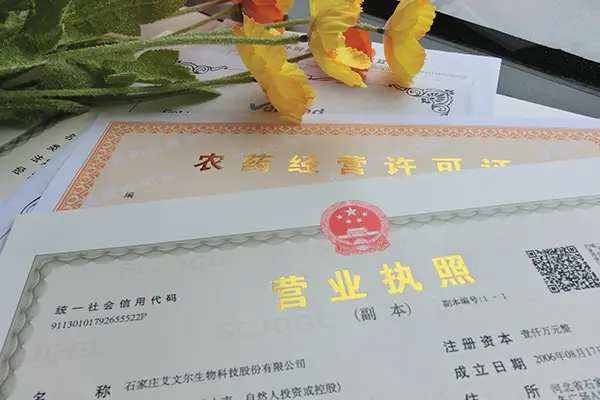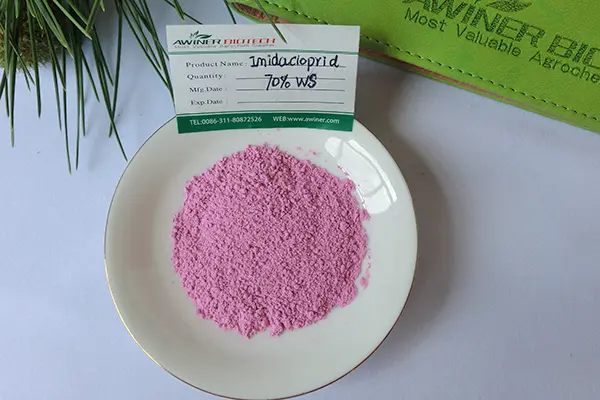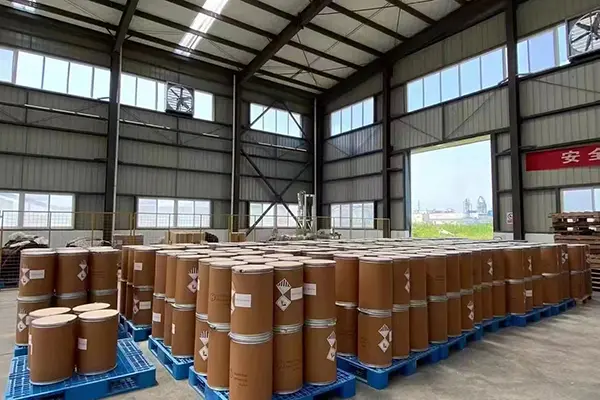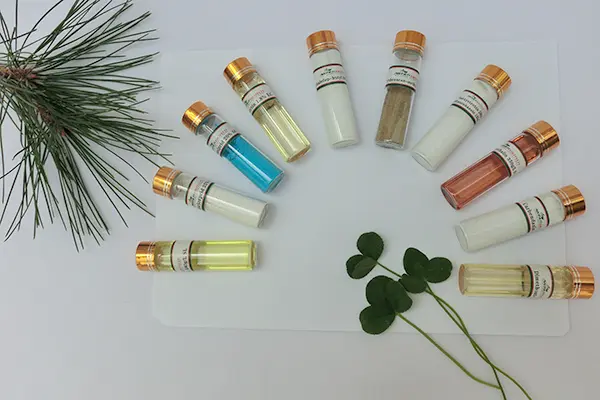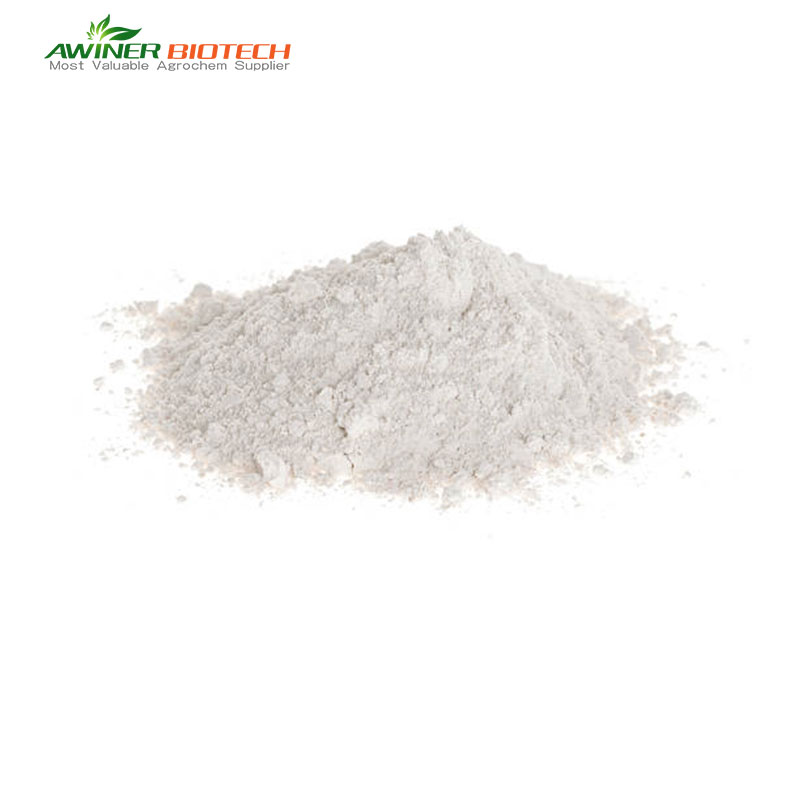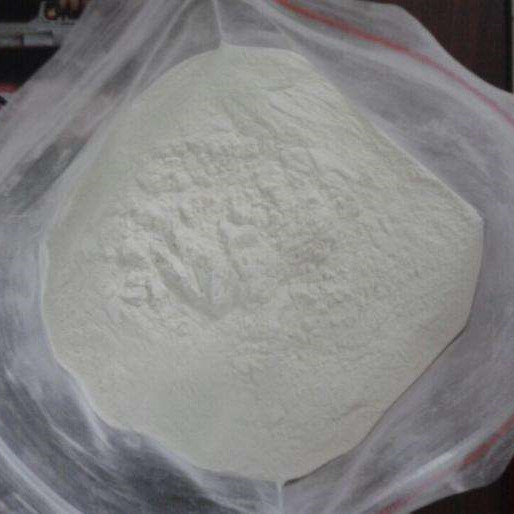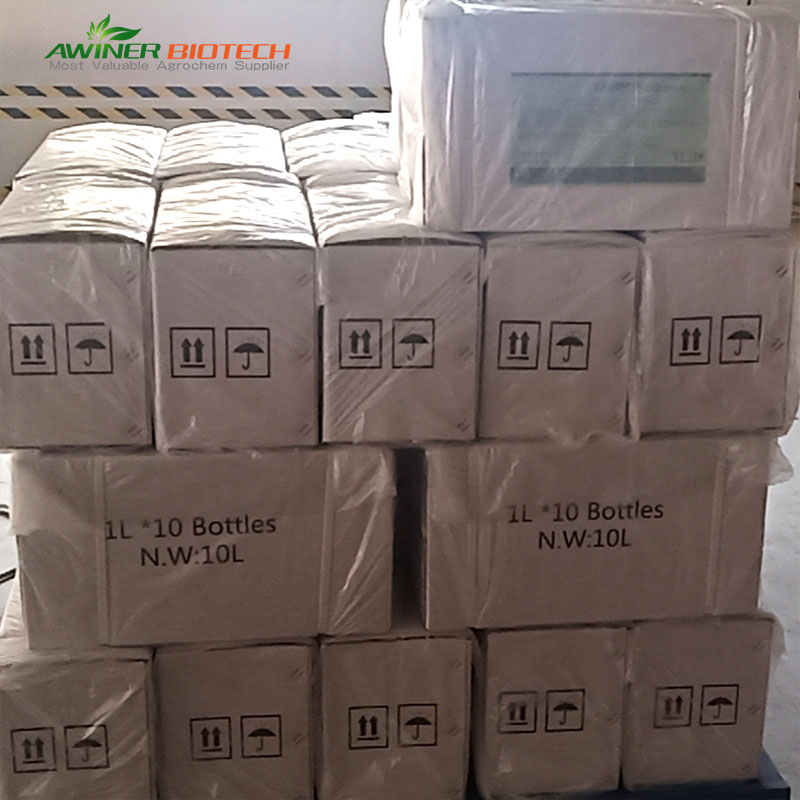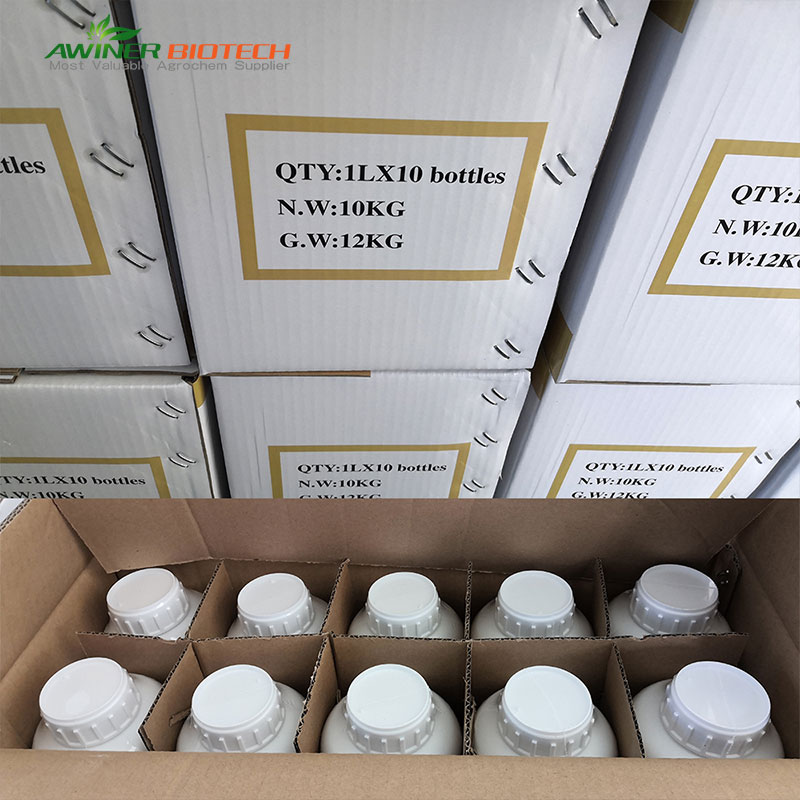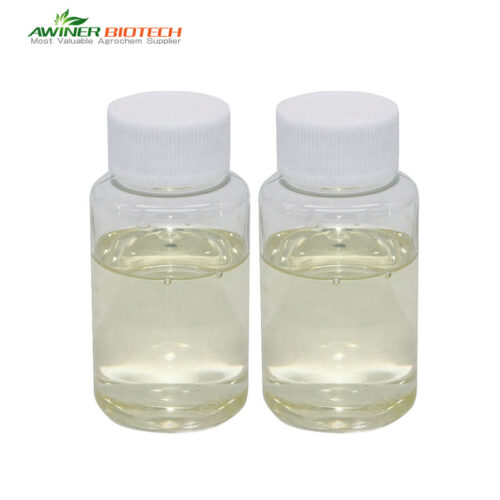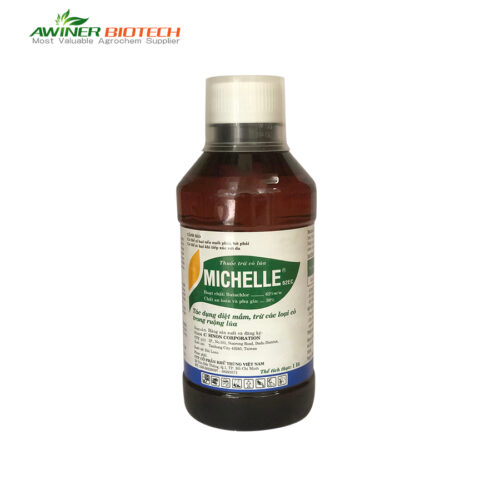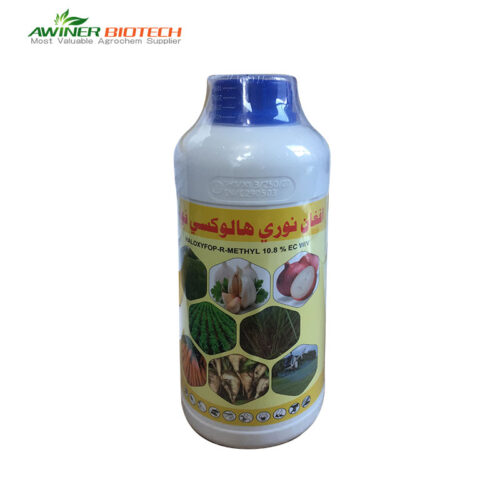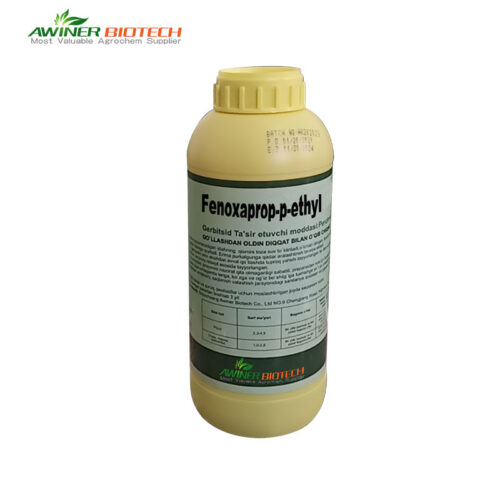Mesotrione herbicide |
|
| Dosage form | 10% SC,20% SC, 40% WP |
| Packing | Liquid:50ml、100ml、250ml、500ml、1L、5L、10L、20L Solid:10g、50g、100g、250g、500g、1kg、5kg、10kg、25kg |
| Formulation/Label | Customized |
| Sample | Yes |
| Crop | Corn, sorghum |
| Certification | SGS、 ISO 、BV |
| Delivery time | 20-30 days |
| Mixture products |
Glyphosate vs mesotrione
|
| Payment terms |  |
How Mesotrione herbicide Kills Weeds
Mesotrione herbicide causes plant death by interfering with the plant’s pigment synthesis. Specifically, mesotrione can inhibit the activity of PMP proteins in plants. PMP is a protein located on membrane structures inside plant cells. It is involved in key steps in pigment synthesis. Pigment is an important compound in plants that absorbs sunlight and converts it into energy. It also protects plants from harmful factors such as ultraviolet rays and reactive oxygen species. When mesotrione inhibits the activity of PMP, plants cannot synthesize pigments normally. This causes plant leaves to turn yellow, wither, and die.
Does mesotrione herbicide have any effect on crops and soil?
One advantage of mesotrione is that it is safe for most crops. That is, it does not harm crop growth and yields like other herbicides. This is because the sensitivity of mesotrione to different plants varies greatly. It is mainly lethal to grasses and some broadleaf weeds. It is less lethal to crops such as corn, sugarcane, and rice. The reason for this difference is related to the quantity and distribution of PMPs in plants. It may also be related to differences in other metabolic pathways in plants. Therefore, mesotrione can be applied during the appropriate growth phase of the crop. It will not affect the normal growth and yield of crops.
Mesotrione is also safe for soil. That is, it does not contaminate soil and groundwater like other herbicides. This is because mesotrione degrades quickly in soil. Generally, it can be decomposed into non-toxic substances by microorganisms within a few days to a few weeks. Therefore, mesotrione does not accumulate in the soil and does not travel through groundwater to other locations.
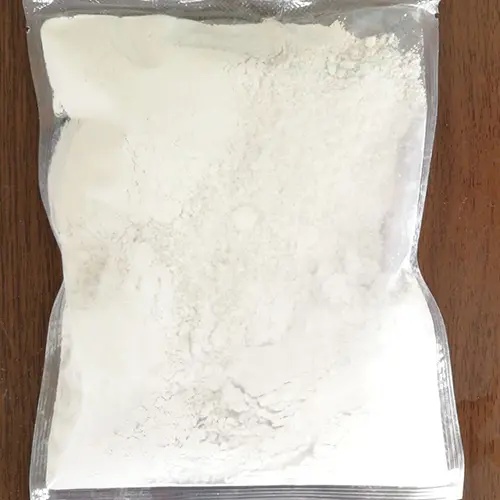 |
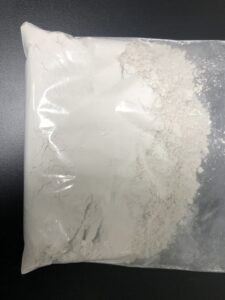 |
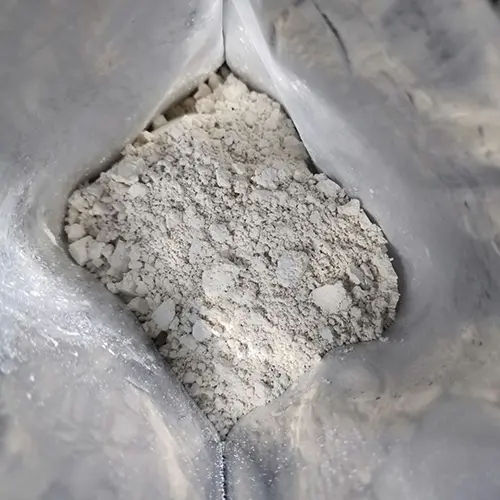 |
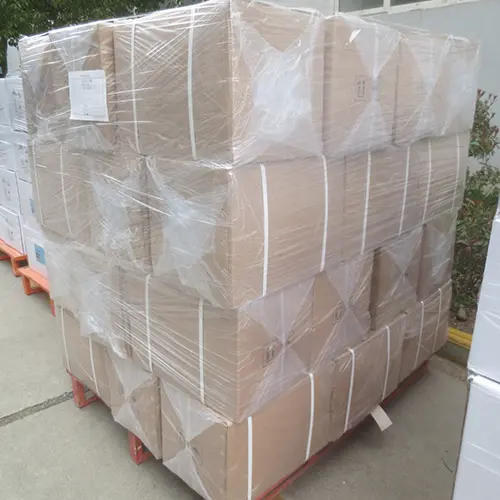 |
Does mesotrione have any effect on the next crop?
The effect of mesotrione on the next crop depends on the dose, timing and method of application. Also, the type and sensitivity of the next crop. In general, if mesotrione is administered at the recommended dose, timing, and manner. And the next crop is a crop that is not sensitive or tolerant to mesotrione. Then mesotrione will have no or very little impact on the next crop. For example, after applying mesotrione in corn fields, crops such as corn, sugar cane, rice, wheat, and soybeans can be grown. However, if the dose is administered too high, too late, or in the wrong way. And the next crop is a crop that is sensitive or intolerant to mesotrione. Then mesotrione may cause some damage to the next crop. For example, after applying mesotrione in corn fields, it is not suitable to plant vegetables, flowers and other crops.
Therefore, when using mesotrione, you need to base it on your actual situation and needs. Choose the appropriate dose, time and method, taking into account the type and sensitivity of the next crop. To achieve the best weeding effect and minimal environmental impact.
<About Awiner Biotech>
